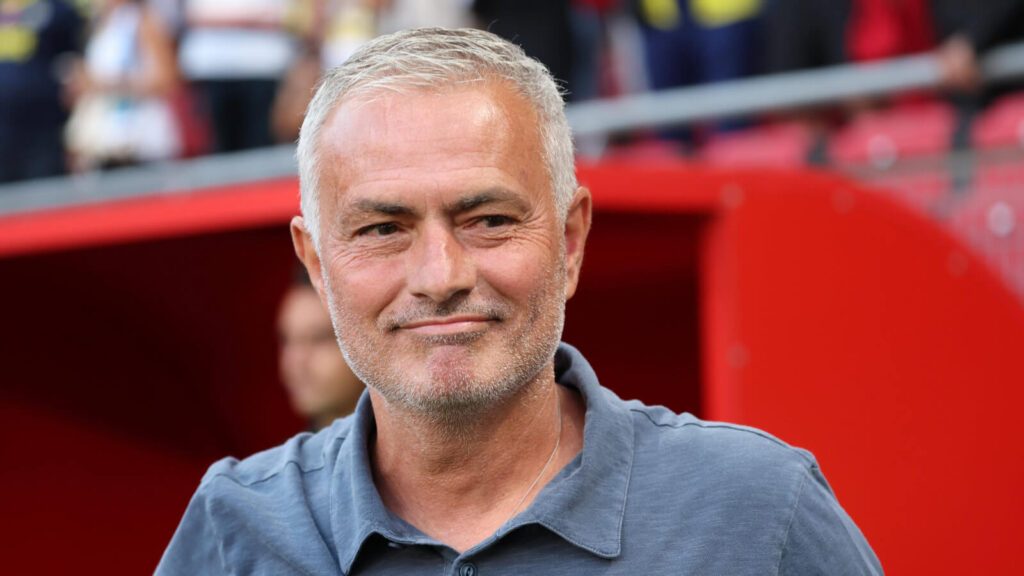José Mourinho is one of the most iconic and polarizing figures in Football. He may well be one of the few coaches in the game, whose name is mentioned before any of his players. His spells at Chelsea, Inter Milan, and Real Madrid displayed his tactical genius, his talent to construct strong sides and his flair for courting controversy. This article examines Mourinho’s idiosyncratic philosophy, his triumphs at these teams, and his off-pitch personality that has turned him into a football legend.
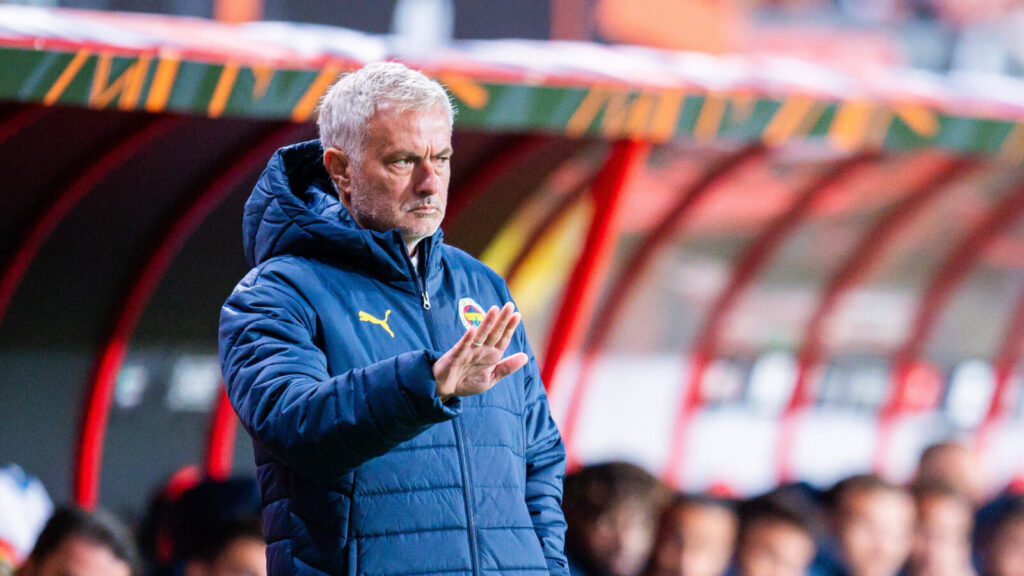
FC Porto (2002-2004): Mourinho’s Masterclass
José Mourinho’s spell at FC Porto was nothing short of remarkable. Appointed as manager mid-season in 2002, he quickly assembled a dominant team. In his first full season, Porto captured the Primeira Liga, Taça de Portugal, and UEFA Cup, demonstrating Mourinho’s tactical brilliance.
The next season, he guided Porto to consecutive league titles and a historic UEFA Champions League victory in 2004, beating AS Monaco 3-0 in the final. Despite not being among the favorites, Mourinho’s disciplined defensive setup and sharp game plans saw Porto eliminate giants like Manchester United and Deportivo La Coruña. Mourinho’s team was filled with underrated stars such as Deco, Ricardo Carvalho and Maniche. His counter-attacking philosophy and inspirational leadership defined Porto’s triumphs. His success solidified his reputation and earned him a move to Chelsea.
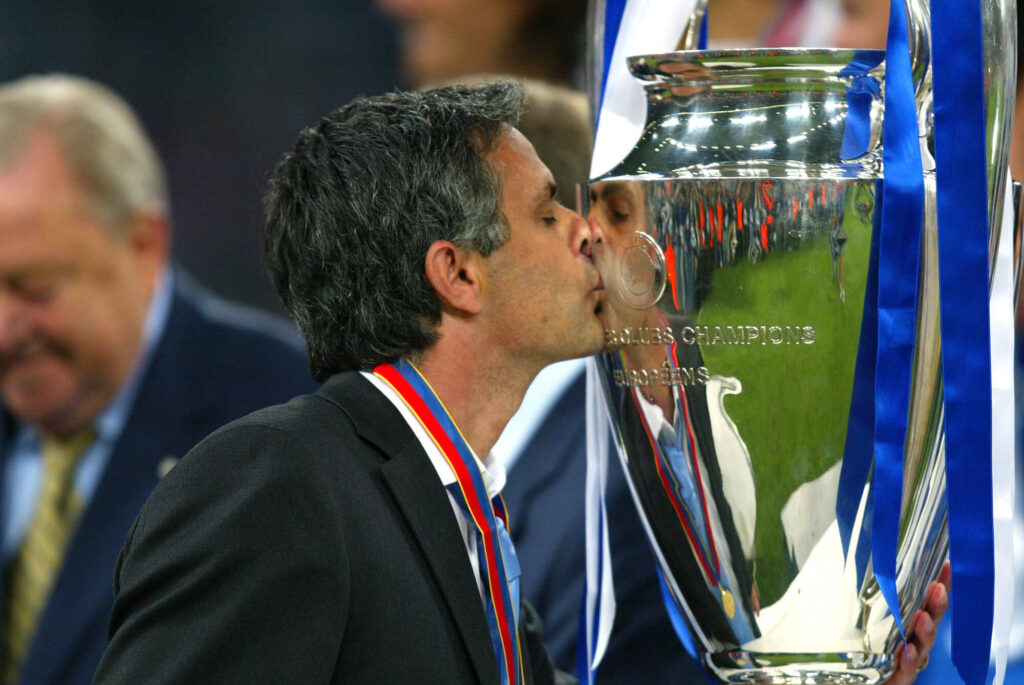
Chelsea (2004-2007, 2013-2015): The Birth of “The Special One”
Mourinho came to Chelsea in 2004, having just achieved a miraculous Champions League victory with Porto. During his first press conference, he stated, “I am not one of the bottle. I think I am a special one,” a phrase that gave rise to his iconic nickname, “The Special One.”
At Chelsea, he revolutionized English football. During his first stint, the Blues ended Manchester United and Arsenal’s stranglehold on the title, claiming successive Premier League crowns in 2004-05 and 2005-06. He constructed the side on an unsinkable defence including John Terry, Ricardo Carvalho and Petr Čech, who just conceded 15 goals in his title-winning first season. His midfield, with the leadership of Frank Lampard, Claude Makélélé and Michael Essien, gave the side balance, while physical prowess was the domain of Didier Drogba up front.
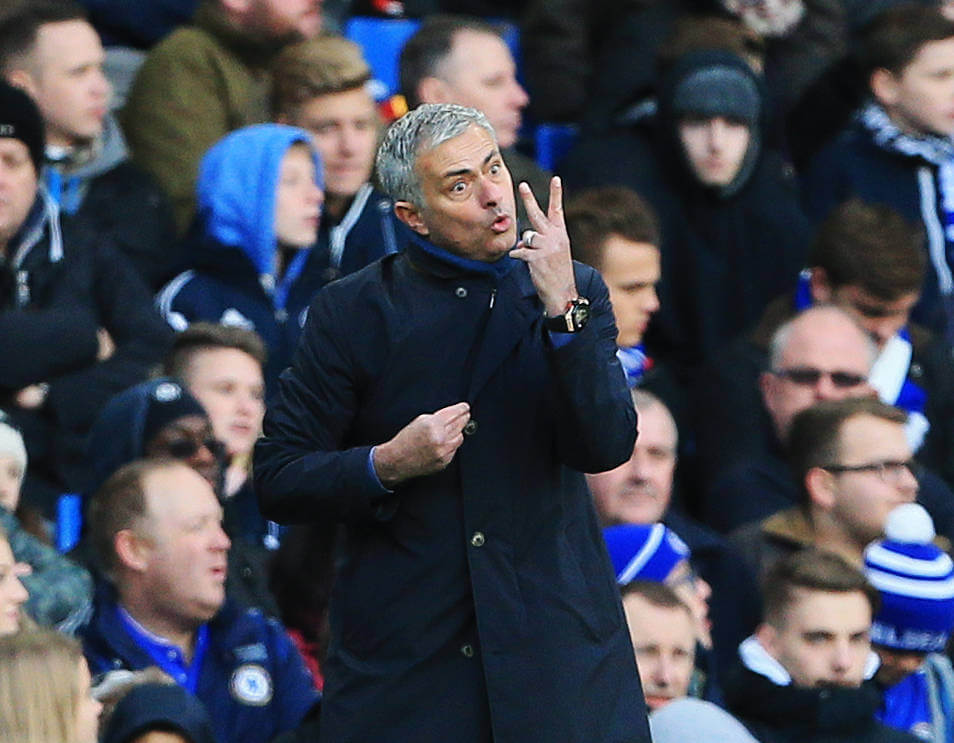
His second stint (2013-2015) witnessed him winning another league championship in 2014-15. Despite winning, his practical approach and tactless relationships with staff and players saw him leave. His confrontation with club doctor Eva Carneiro and public criticism of his team created internal tension, and marked the beginning of the end.
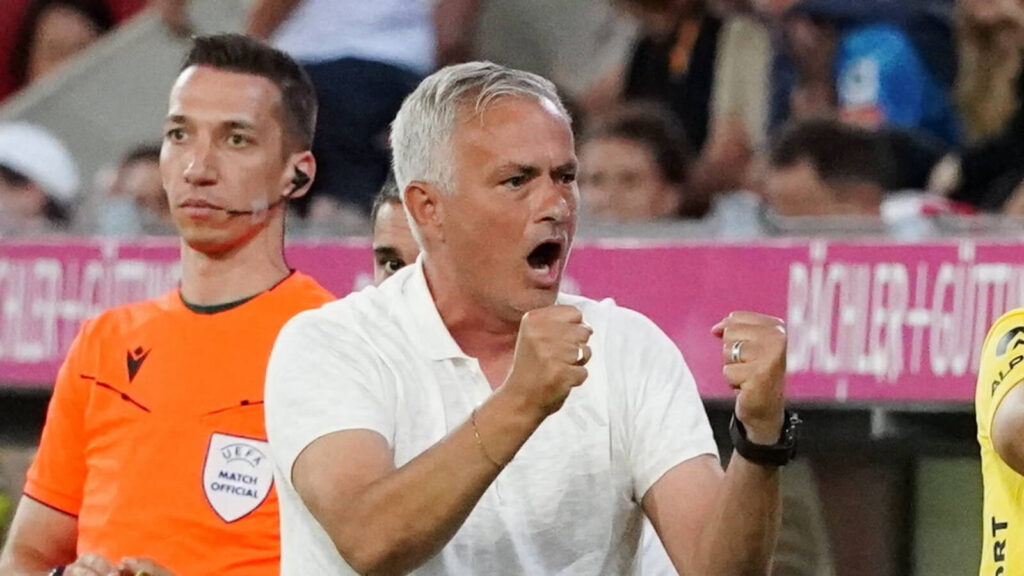
Inter Milan (2008-2010): Mourinho Strikes Back With The Treble
Mourinho’s Inter reiterated his ideology. He led the Nerazzurri to a record-breaking treble of 2009-10, capturing Serie A, the Coppa Italia and the UEFA Champions League. His defensive strategies, particularly in the Champions League semi final with Barcelona, were a masterclass in determination. With 10 men for most of the second leg, Inter held out Pep Guardiola’s all-conquering Barca, displaying Mourinho’s tactical genius.
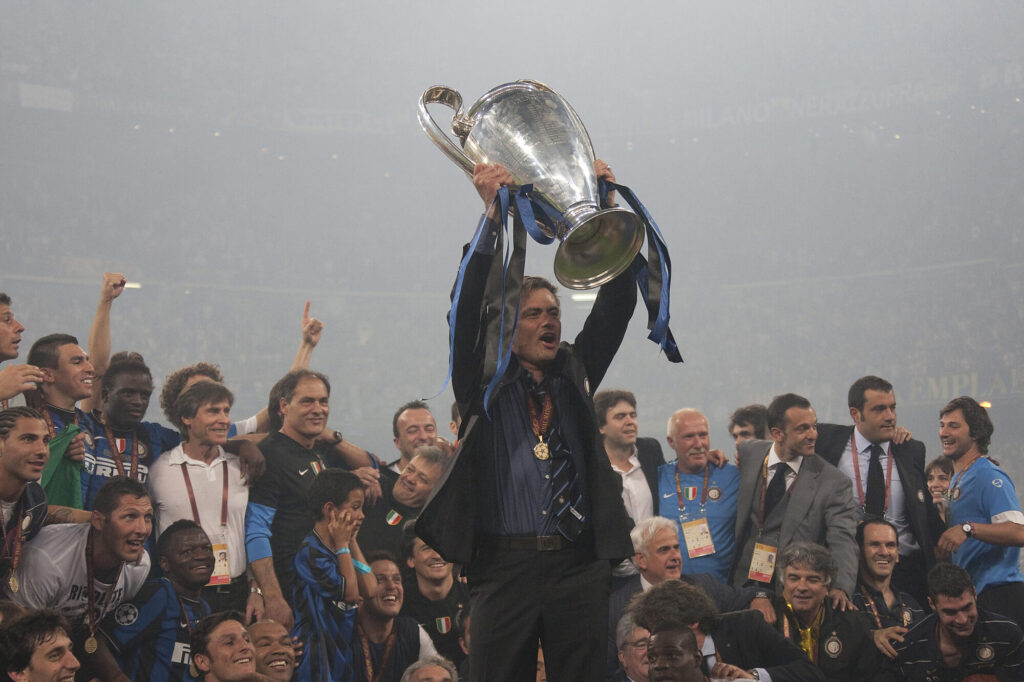
He was adored by players and fans at Inter. His departure to Real Madrid was met with tears, showing how much he identified with the team. Although he was in love with Inter, he never remained controversy-free. His confrontations with the Italian media and his classic handcuff gesture suggesting bias against Inter kept him in the spotlight.
Real Madrid (2010-2013): The Anti-Barcelona Crusade
Mourinho’s move to Real Madrid in 2010 was a search for the end of Pep Guardiola’s serial-winning Barcelona. His Bernabéu career was tumultuous but successful. He won Madrid La Liga in 2011-12 with a record 100 points, ending Barcelona’s dominance. His Madrid side were a dreaded counter attacking force, with Cristiano Ronaldo, Mesut Özil, and Ángel Di María serving up speed and accuracy to blow opponents’ defenses away.
Despite all this, his Spanish journey was filled with controversies. He had falling-outs with club legends Sergio Ramos and Iker Casillas, which fractured the dressing room. His eye-poke at Barcelona’s assistant coach Tito Vilanova summed up his hot-headedness. While he made Madrid competitive again, his aggressive attitude eventually saw him leave the club.
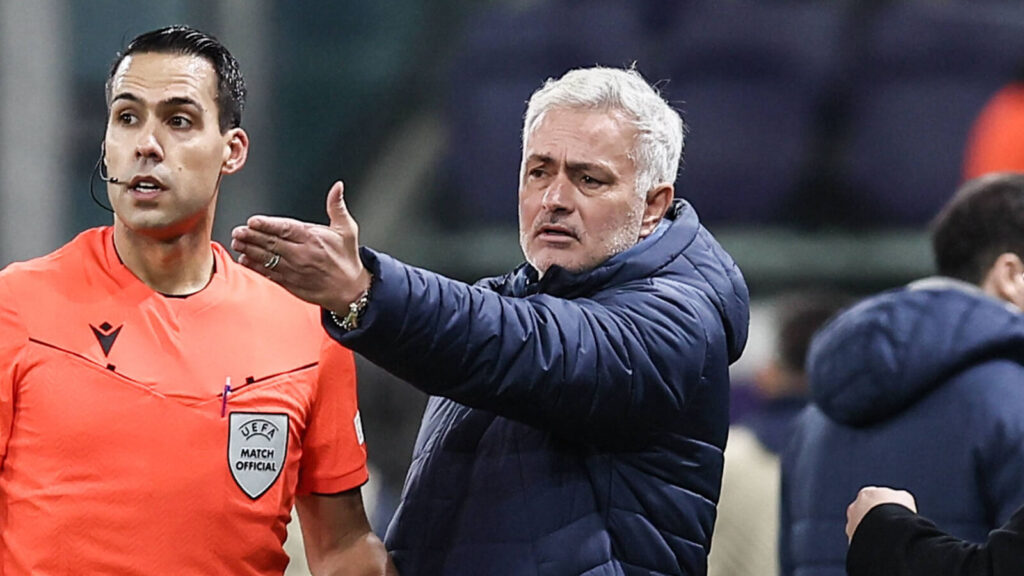
Pragmatic, Defensive Solidity & Counterattacking Brilliance
Mourinho’s coaching philosophy is pragmatic. In contrast to managers who are used to an inflexible playing philosophy, Mourinho adapts in order to achieve maximum return. His sides place emphasis on defensive organization, tight formations and organized pressing – making them hard to beat. A defining feature of his approach is the organized two banks of four, usually combined with a deep backline, so that his team can soak up pressure before bursting forward with swift counterattacks.
This practical approach is mistakenly identified as negativity, but Mourinho’s sides are brutally effective. His defense is never about a simplistic parking-the-bus; it is a matter of control – neutralizing the opposition’s strengths and taking advantage of their weaknesses. His sides often use an imposing target man and wingers who take advantage of space created by attacking sides, so transitions are deadly.
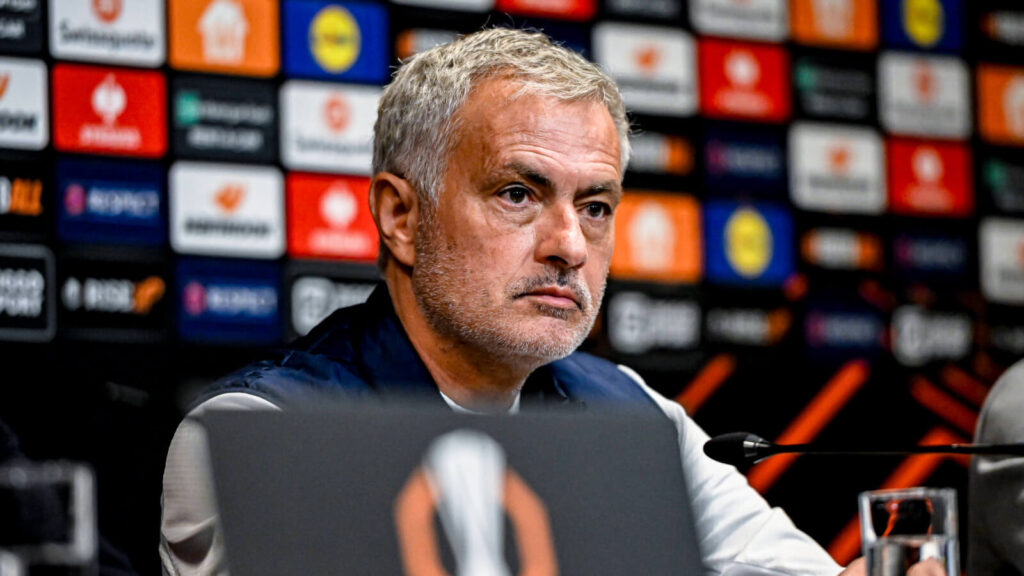
Psychological Warfare & Mind Games
Apart from tactics, Mourinho’s psychological intelligence separates him. He feeds on mind games, employing press conferences and media briefings to deflect attention from his players while destabilizing opponents. Whether referring to Arsène Wenger as a “specialist in failure” or demonizing Pep Guardiola’s Barcelona as lucky recipients of favorable refereeing, Mourinho has become an expert at manipulation.
His psychological style carries over into man-management. He constructs siege mentalities in his squads, creating a sense of togetherness against perceived outside threats. His capacity to create belief in his players has been key to their success. At Chelsea, he turned Didier Drogba into a world-class striker; at Inter, he developed a close relationship with his team, especially Marco Materazzi, whose emotional hug after the 2010 Champions League victory best defined Mourinho’s influence.
The Off-Pitch Aura: Nicknames and Theatrics
Mourinho is more than a manager; he is a persona. In addition to “The Special One,” he has been referred to as “The Translator” (a dig at his early career as Bobby Robson’s second-in-command at Barcelona) and “The Happy One” (self-styled on his return to Chelsea in 2013). His charm, wit, and dramatic displays of emotion make him one of the most engaging characters in football.
His relationships with referees, the media, and opposing managers are the stuff of legend. Whether he is celebrating exuberantly at Old Trafford after knocking out Manchester United with Porto in 2004 or sliding on his knees after Chelsea’s last-gasp winner against PSG in 2014, Mourinho loves the limelight.
The Mourinho Legacy
José Mourinho is a football manager but also a cultural icon. His defensive solidity, pragmatic thinking, and mind games make him one of the most powerful personalities in contemporary football. His success at Chelsea, Inter Milan, and Real Madrid demonstrated his capability to construct title-winning squads, and his off-field behavior guaranteed he was a fascinating character.
Despite his critics, Mourinho’s legacy cannot be ignored. He is a master tactician, a motivational manager, and an agitator – a man who guarantees drama, triumph, and an indelible stamp on the history of football. Whether loved or hated, one thing is for sure: José Mourinho is, and will forever be, “The Special One.”
